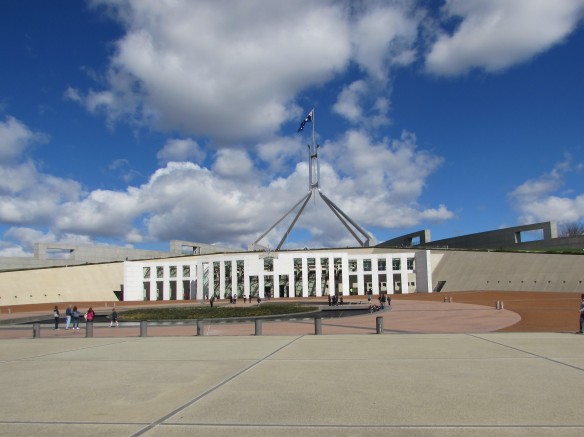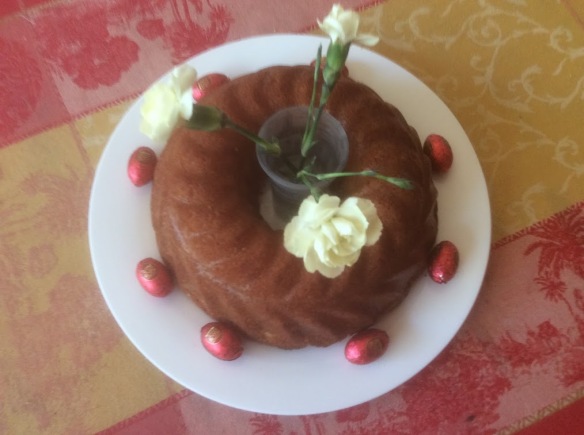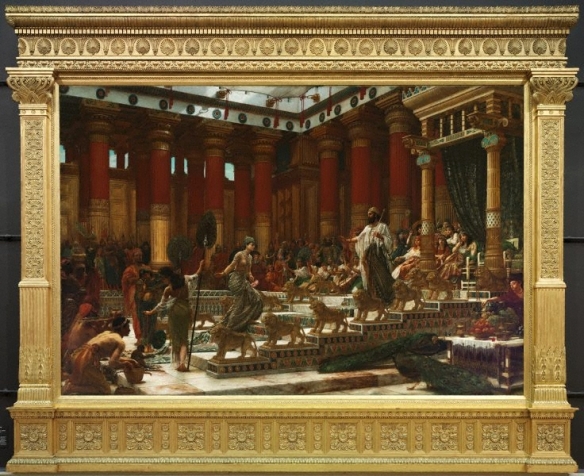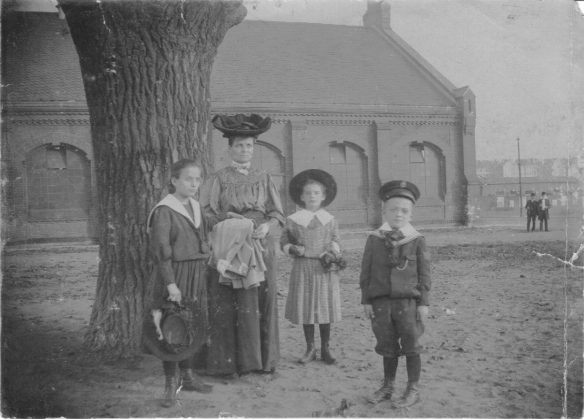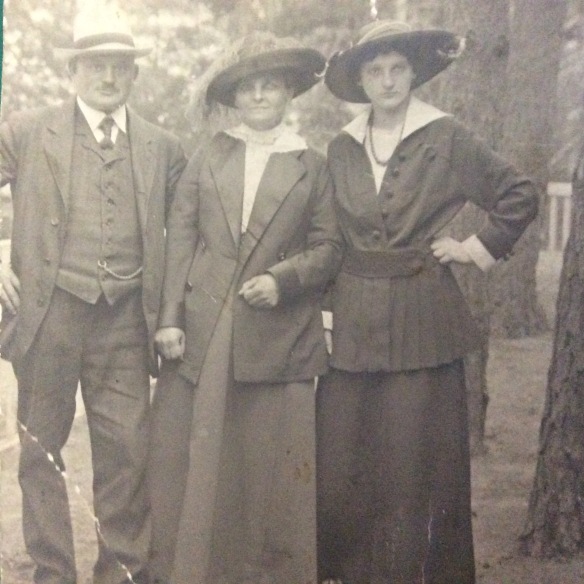In January 1945, seventy-five years ago, I was on my longest railway journey, ever. It was not a journey to a holiday destination or in any way meant to be pleasurable. I was, along with many other boys, a refugee on the run from the fast-approaching Red Army.
We all knew the Second World War was reaching its conclusion.
All throughout 1944, I was in a boy’s home in the small town of Friedland in Upper-Silesia (now Korfantów), Towards the end of 1944, we knew that the front was coming closer and closer. Shortly after Christmas, we noticed that something was going to happen.
Just after Christmas, columns of prisoners were shuffling, rather than walking, on the country road that passed the home. We rushed outside to see who they were. They were people in striped uniforms. We were told by the staff that they were criminals. But by the look of it, they were not. Criminals were tough looking people, so we thought. Those here in front of us were poor people who could hardly walk. We had no idea who they really were. Those columns walked past us for hours. It was a terrible sight. That was when I heard the word Concentration Camp for the first time.
A few days after that we, boys of the ages eight to fourteen were told one evening to get ready for a long walk to a village nearby. Still today I have no idea what its purpose was. It was bitter cold and dark. Had it anything to do with the war? As we walked for many kilometres we could see what seemed to be the flickering lights of an electrical storm. In winter? There was a constant rumbling in the air and we realised that was no thunder either. One of the staff told us in response to our questioning,
‘This is the artillery in a big battle and the Russians are not far away.”
The purpose of being in the home was so we would be away from the air raids in the cities. We were supposed to be safe, but now the war was coming to us. Soon came the instruction to return to the home, which we did. The whole episode remains a mystery to me even today. Our days in Friedland, the name of the small town, meaning Land of Peace, came to a sudden end.
Only a couple of days into January, one late afternoon, we were told to get ready to go back to Berlin. The Berliner children would go back home and the children from Silesia would go to Moravia. On a neighbouring blog of land near our home, there was also a girl’s home. Sometimes we had outings together with them or they performed a play for us. The girls were older than we boys and they seemed almost adults to us.
In no time a couple of buses arrived to take us to a railway junction at Neisse(Nysa now). We Berliner children got into one and the others into another. Some of the staff would follow in a car. We had no time to think. We clutched our few belongings to our bodies.
The Silesian boys were so different from us Berliners but we had become all friends with a common destiny. It was a sad moment in our lives.
As the bus rumbled through the dark country site the bigger girls started to sing, mostly hiking songs and the mood in the bus turned and we were all happy till they started to sing Lehar’s song from the brave soldier who kept watch on the River Volga for his fatherland. It was ironic because he was Russian and we, the Germans, had invaded Russia in this war. I loved this haunting song as I knew it from home because my mother loved it too and the girls of the home had sung it in one of their concerts. It is the ultimate anti-war song of the lonely soldier who asked God to send him an angel to save him.
Suddenly, the bus turned off the country road and we were in front of the railway station where a Red Cross train under full steam was waiting for us kids.
‘Out, out – quick, quick!’ came the order from the sister in charge. The girls got off first and I never saw them again.
‘Schnell, Schnell – hop on. We have no time to waste,’ someone said.
We climbed quickly onto the train. Inside the carriage, it was dark but for some dim blue light. Red Cross nurses were rushing about. I heard babies crying but could see nothing. On both sides of the carriage were triple story bunk beds and we were told to get one each.
I climbed on a top bunk and tried to catch my breath. Slowly my sight adjusted to the darkness in the carriage. On the other side were the babies. Four across to each bunk. Forty-eight babies in all and some of them were crying all the time. The nurses had all their hands full and demanded from us absolute obedience or we would be thrown off the train. No running around in the carriage, only the walk to the toilet would be allowed. Unknown to us this would be our world for the next three weeks.
And what a world it was. During the day we could not see throw the frosted windowpanes. During the night only a dim, bluish light made recognising anything barely possible.
The radio was on almost all the time. Every hour we heard the news from the army. The bulletin always started with, “The Supreme Command of the Army announces (Das Oberkomando der Wehrmacht gibt bekannt!)“. WE knew we were in Silesia but not much else. On the way to the toilette, we saw that there was snow everywhere. The train moved for a couple of hours and then stopped for a while. We heard other trains going past, probably taken supplies to the front. But where was the front? According to the news bulletins, we were going parallel to the front. The Red Army was not only chasing us up from the South-East but they also came from the East. Breslau (now Wroclaw) was declared a fortress and was to be defended at all costs.
Then I heard the news that Litzmannstadt (now Lodz) had fallen. My father was stationed there for a few years before he was transferred to Italy. Now the Red Army has pushed past it.
We boys were not sure whether our train could be attacked by ground attack planes or were we safe because we were a hospital train and clearly marked so.
Sometimes the train went backwards for long times. While the front seemed to collapse everywhere the nurses on our train were busy looking after the babies. We had no idea why they were on the train. The mothers did not seem to be on the train as the babies were not taken out of the carriage.
Funnily, I can not remember what we had for our meals. Did we have warm meals or not? I can only remember getting slices of bread with jam. What I did not eat I put under the cushion with the result that I had soiled my cushion with jam. Horrible!
For entertainment, we climbed into the other boy’s bunks and played cards or just talked, about the war and the Russians and we were speculating about the babies on the train. We lost track of time and dates. We had no changes of clothes eighter. When would the train ride end? Hopefully in Berlin.
Then, one day, late afternoon, the train stopped at a large station. Again we heard, “Schnell, Schnell!” We ran across the platform to another waiting train. It was a passenger train consisting of very old fashion carriages. I had time to read the station name on a large sign. It said, “Görlitz“.
Someone said it was the 30th of January an important date in the Nazi calendar. It was the 12th anniversary of the day the Nazis came to power. We had no time to think about it. We rushed over to the train and took whatever seat we could find. The carriage was full of soldiers and their luggage. Those soldiers were exhausted and they were manly asleep for the rest of the rail journey to Berlin.
So far, we had been on the hospital train for more than three weeks not across Europe or even Germany, but for a journey of about just 300 km. A trip that should have taken not more than three hours. We did not know that could happen, but we were looking forward to seeing Berlin and our families again. What would happen next?
Soon after the train set in motion, it became dark and the train hurtled during the darkness to our destination. We went right through a blizzard with snowflakes as large as butterflies. I wished every snowflake would turn into a German soldier to hold back the onslaught of the Red Army.
There was a short halt a Spremberg and on we went. It did not take long and I recognised our train going through Königswusterhausen, not far South-East from Berlin. We were heading for Berlin. What a relief.
When the train finally stopped I found myself at the same railway station I set off from in January 1944 on my very first railway journey, Görlitzer Bahnhof.
If I hoped to see my mother I would have been disappointed. We could not even leave the station as Berlin had a preliminary air raid alarm. But this is another story.

